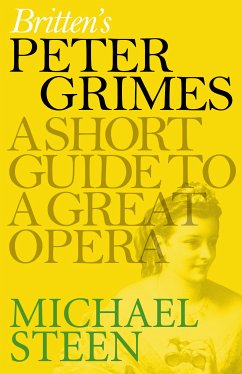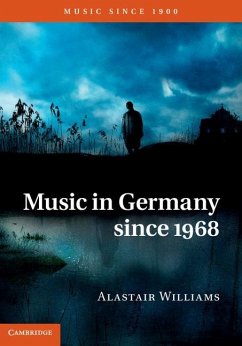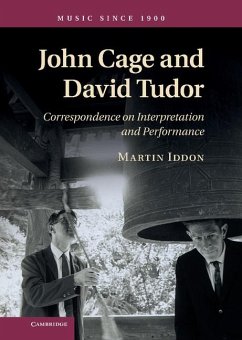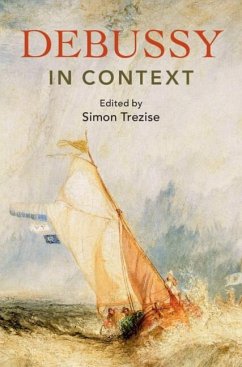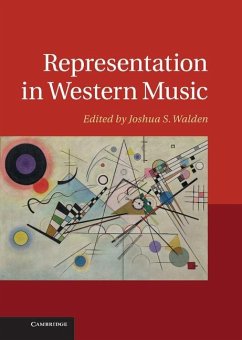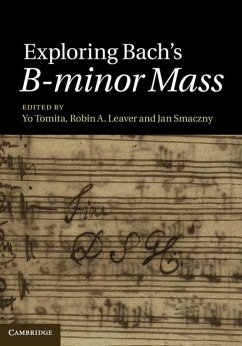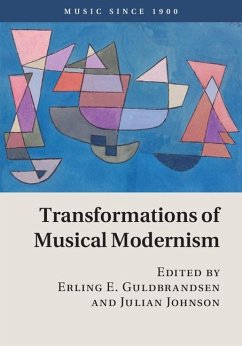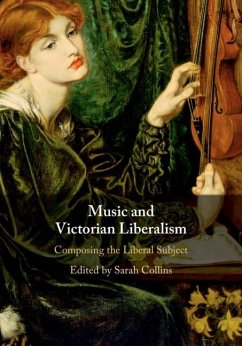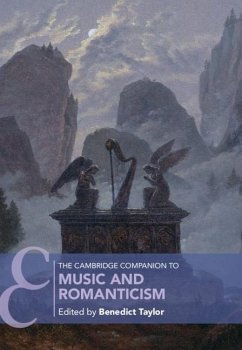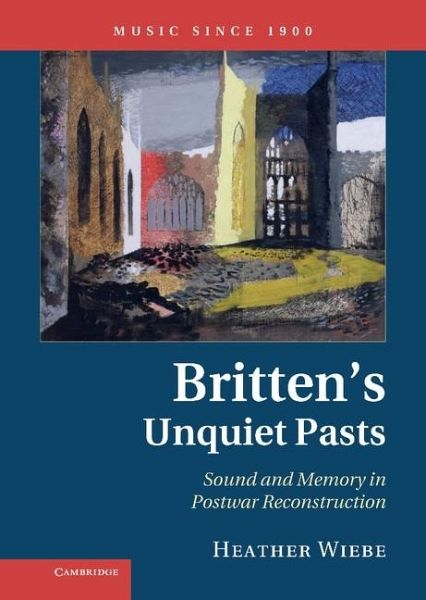
Britten's Unquiet Pasts (eBook, ePUB)
Sound and Memory in Postwar Reconstruction
Versandkostenfrei!
Sofort per Download lieferbar
18,95 €
inkl. MwSt.
Weitere Ausgaben:

PAYBACK Punkte
9 °P sammeln!
Examining the intersections between musical culture and a British project of reconstruction from the 1940s to the early 1960s, this study asks how gestures toward the past negotiated issues of recovery and renewal. In the wake of the Second World War, music became a privileged site for re-enchanting notions of history and community, but musical recourse to the past also raised issues of mourning and loss. How was sound figured as a historical object and as a locus of memory and magic? Wiebe addresses this question using a wide range of sources, from planning documents to journalism, public cer...
Examining the intersections between musical culture and a British project of reconstruction from the 1940s to the early 1960s, this study asks how gestures toward the past negotiated issues of recovery and renewal. In the wake of the Second World War, music became a privileged site for re-enchanting notions of history and community, but musical recourse to the past also raised issues of mourning and loss. How was sound figured as a historical object and as a locus of memory and magic? Wiebe addresses this question using a wide range of sources, from planning documents to journalism, public ceremonial and literature. Its central focus, however, is a set of works by Benjamin Britten that engaged both with the distant musical past and with key episodes of postwar reconstruction, including the Festival of Britain, the Coronation of Elizabeth II and the rebuilding of Coventry Cathedral.
Dieser Download kann aus rechtlichen Gründen nur mit Rechnungsadresse in A, B, BG, CY, CZ, D, DK, EW, E, FIN, F, GR, HR, H, IRL, I, LT, L, LR, M, NL, PL, P, R, S, SLO, SK ausgeliefert werden.




